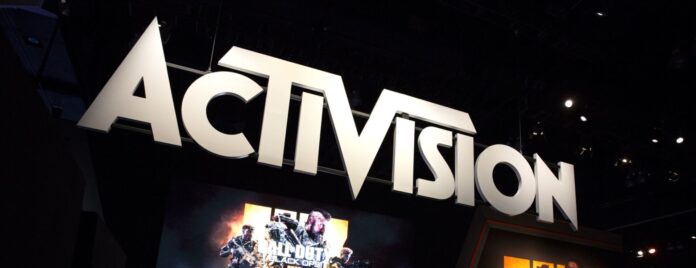Activision Blizzard Inc. shareholders came up short in alleging the video game maker improperly failed to disclose two investigations into alleged sexual harassment, the Ninth Circuit said Friday.
The suit fails because the investors didn’t adequately show fraudulent intent on the part of then-CEO Robert Kotick, the appeals court said in an unpublished opinion. A three-judge panel of the US Court of Appeals for the Ninth Circuit heard arguments only last week.
Its ruling affirmed the lower court’s dismissal of the proposed securities class action against the company, now a Microsoft Corp. unit.
.
The investors alleged that public filings by Activision saying that it faced only “routine” undisclosed investigations were false.
The probes at issue led to a nearly $55 million settlement with the California Civil Rights Department announced Dec. 15, 2023, and an $18 million settlement with the US Equal Employment Opportunity Commission in March 2022.
In February 2023, Activision agreed to a separate $35 million settlement with the US Securities and Exchange Commission over allegations that it failed to establish controls to properly handle workplace misconduct complaints and disclose them, and that it violated a whistleblower-protection rule. The company didn’t admit liability in any of the three cases.
In the consent decree made part of the California accord, the Civil Rights Department “agreed to file an amended complaint that entirely withdraws its 2021 claims alleging widespread and systemic workplace harassment at Activision Blizzard,” the company said when the settlement was announced in December.
As part of the agreement, the CRD—formerly known as the Fair Employment and Housing Department—conceded that “no court or independent investigation has substantiated any allegations that there has been systemic or widespread sexual harassment at Activision Blizzard,” the Santa Monica, Calif.-based company said.
Disagreement Over Sufficiency
Activision declined to comment Friday on the Ninth Circuit’s ruling. Attorneys for the investors didn’t immediately respond to an emailed request for comment.
The parties argued about the sufficiency of allegations about the Securities and Exchange Commission submission’s falsity, the company’s intent, and the CRD complaint’s effect on the stock price.
The Ninth Circuit reached only the issue of intent, or scienter.
The investors didn’t create “a strong inference that Kotick knew or deliberately disregarded the fact” that the two investigations “were nonroutine, significant, and likely to have material adverse outcomes,” it said in an unsigned memorandum opinion. The allegations of Activision’s scienter fail because it could only have fraudulent intent through Kotick, the court said.
Judges Johnnie B. Rawlinson and Holly A. Thomas, joined by Sixth Circuit Judge Danny J. Boggs, sitting by designation, served on the panel.
The Rosen Law Firm PA represented the investors. Wilmer Cutler Pickering Hale and Dorr LLP represented Activision and the individual defendants.
The case is Cheng v. Activision Blizzard, Inc., 9th Cir., No. 23-55158, unpublished 1/19/24.
